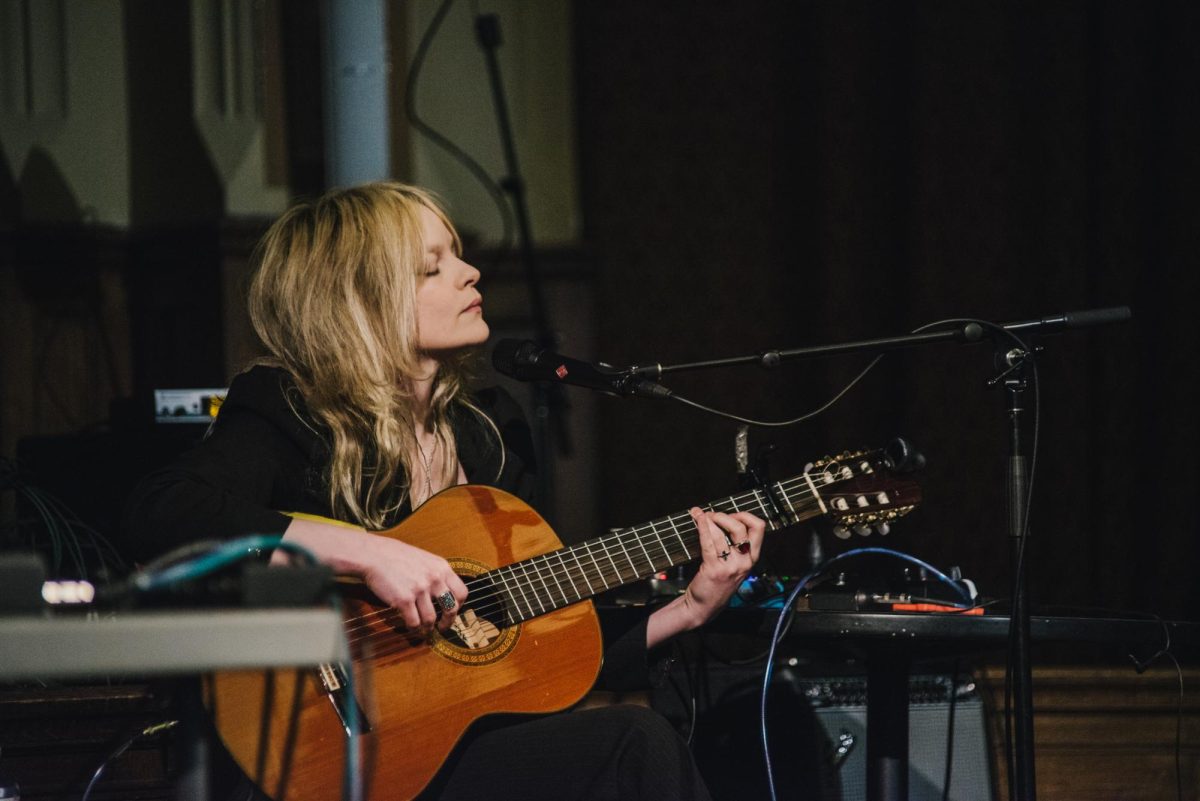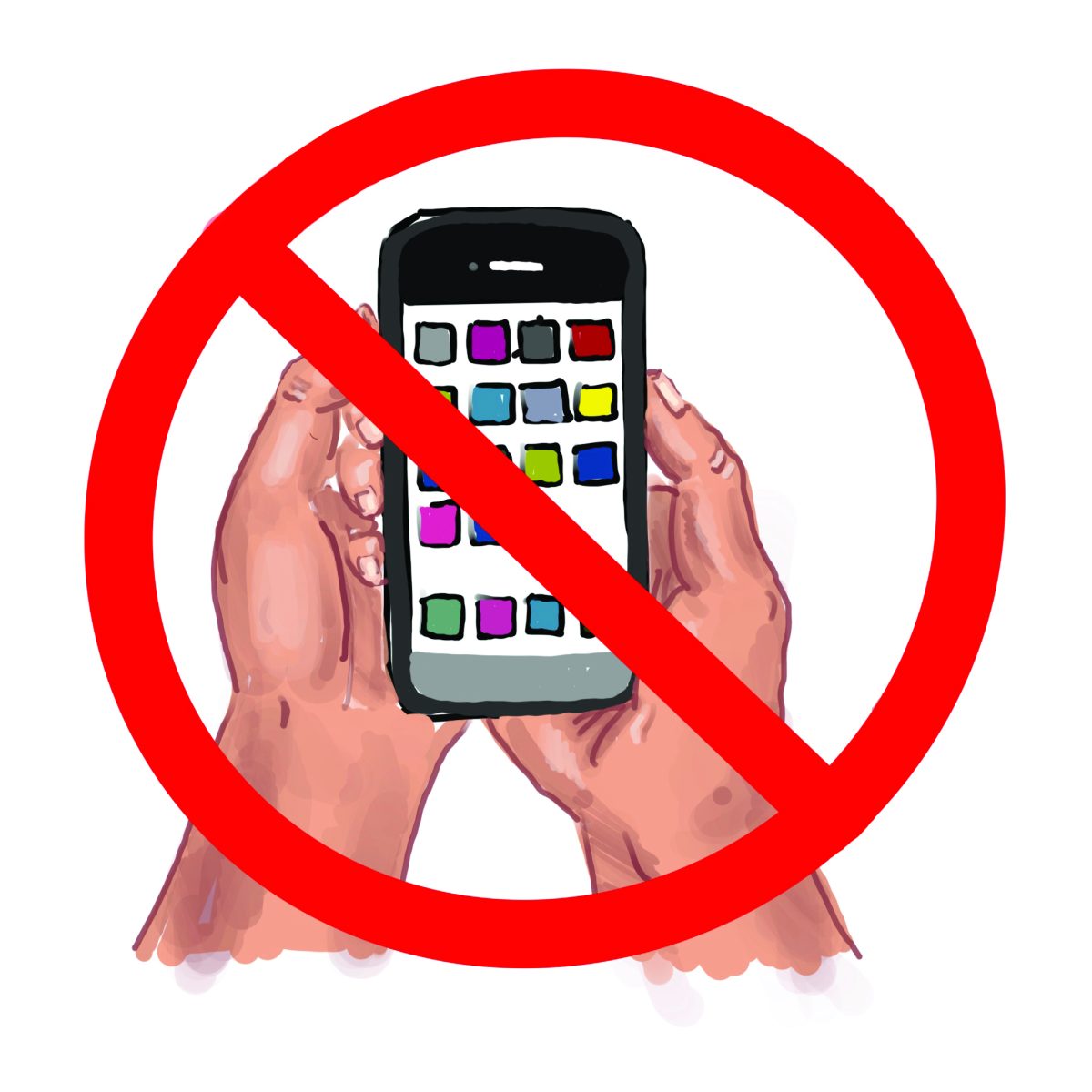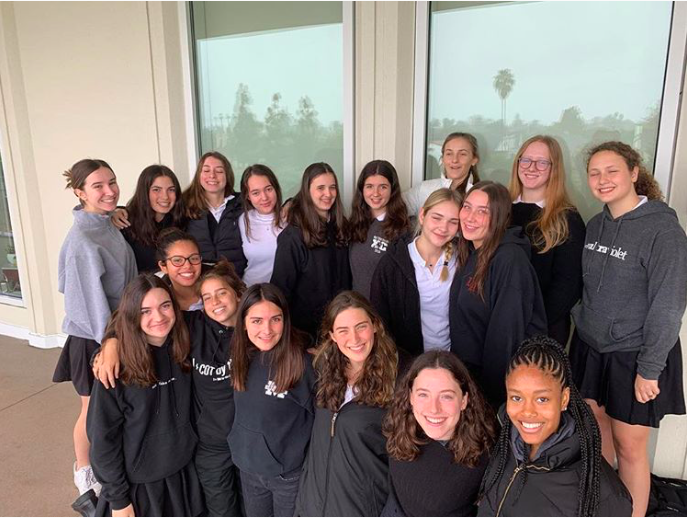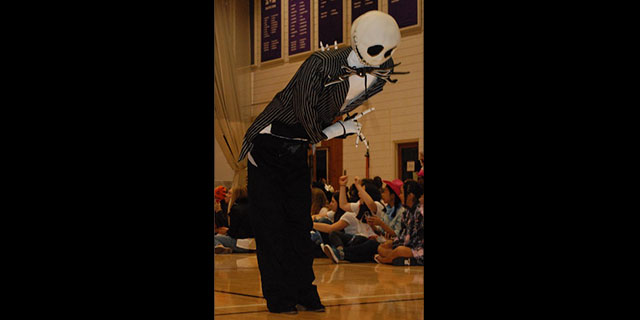
Many students who either identify as politically conservative or hold conservative views refrain from engaging in political discussion because of a perceived overwhelming liberal bias among Marlborough students and stigmas surrounding the Republican Party and the conservative movement.
There is nothing wrong with publicly expressing political beliefs, just so long as everyone is allowed to do so. As a School, we should aim to create an open environment in which everyone is allowed to express her beliefs, political or otherwise.
Many girls are neither wholly conservative nor wholly liberal, especially because students still live with their parents but have begun to question and explore their personal beliefs. However, students such as Sonia Gonzalez ’14, who does not consider herself a conservative or a Republican but rather a Democrat who holds some conservative views, say they feel excluded from political discussion at School because of their reluctance to voice conservative views that can be received negatively by their peers.
Genevieve Shaw ’14, who identifies not as Republican but rather as politically conservative, attributes her reluctance to discuss politics at School to the unpopularity of her beliefs on campus. Grace Palmer ’16, who consider herself a Republican, says even when girls try to engage her in political discussions they are not really doing so to listen to what she says but rather to refute the validity of her conservative views and present their own liberal ones.
“I have to really disengage myself from the situation,” Palmer said. “If what I say isn’t going to be respected, I’d rather not say anything at all.”
After the 2008 elections, in which roughly 68% of voters ages 18 to 29 voted for Democratic Party candidate Barack Obama, liberalism became ingrained in today’s youth culture. Gonzalez said that at Marlborough, it is not uncommon to see “Obama bumper stickers in the parking lot and ‘Legalize Gay’ t-shirts on free dress [days], because it is the cool thing to do.”
The liberal view of the GOP as the party of ignorance and intolerance has only been reinforced by incidents such as Missouri Congressman Todd Akin stating that rapes that result in pregnancy are extremely rare, because in a “legitimate rape… the female body has a way to shut that whole thing down.” Not only did these comments reveal a lack of education concerning the female reproductive system but they also implied that some rapes are more “legitimate” than others, which was inexcusably offensive to women and particularly to victims of sexual assault. However, one man’s ignorance does not warrant the dismissal of the entire Republican Party.
Furthermore, the incessant repetition of similar gaffes by the 24-hour news cycle and liberal media sources such as The Daily Show with Jon Stewart and The Colbert Report, which are both particularly popular with youth, perpetuate Republican and conservative stereotypes.
“Conservatives, especially nowadays, have a really bad rep[utation] of being really Christian, really traditional and really judgy,” Gonzalez said. “It is such a bad reputation because it hinders people’s ability to say what they want to say.”
But the truth is most conservatives are not gay-bashing, women-hating, Christian extremists. Conservative students at Marlborough, just like liberal students, are smart, independent thinkers capable of making their own decisions about politics.
This year, Honors History Seminar, a semester-long senior elective taught by history and social sciences instructor Mike Rindge, seeks to analyze and interpret the election in terms of American history and political theory. Rindge said that although he previously thought students were predominantly liberal, within in the classroom students have expressed a diverse range of political views and opinions. He said he discourages his students from “thinking strictly in terms of liberal and conservative labels,” and instead asks them to “be open to change and to appreciating the strong arguments that the other side is making.”
Why not take this mindset beyond the classroom? Many girls feel discouraged from expressing any political views that can be seen as conservative due to the social stigma attached to the word ‘conservative.’ The unfortunate reality is that by creating an uncomfortable environment for girls with political views that differ from those of the majority, we as a student body deprive ourselves the privilege of a higher level of political discourse in which all levels of the political spectrum are represented.












